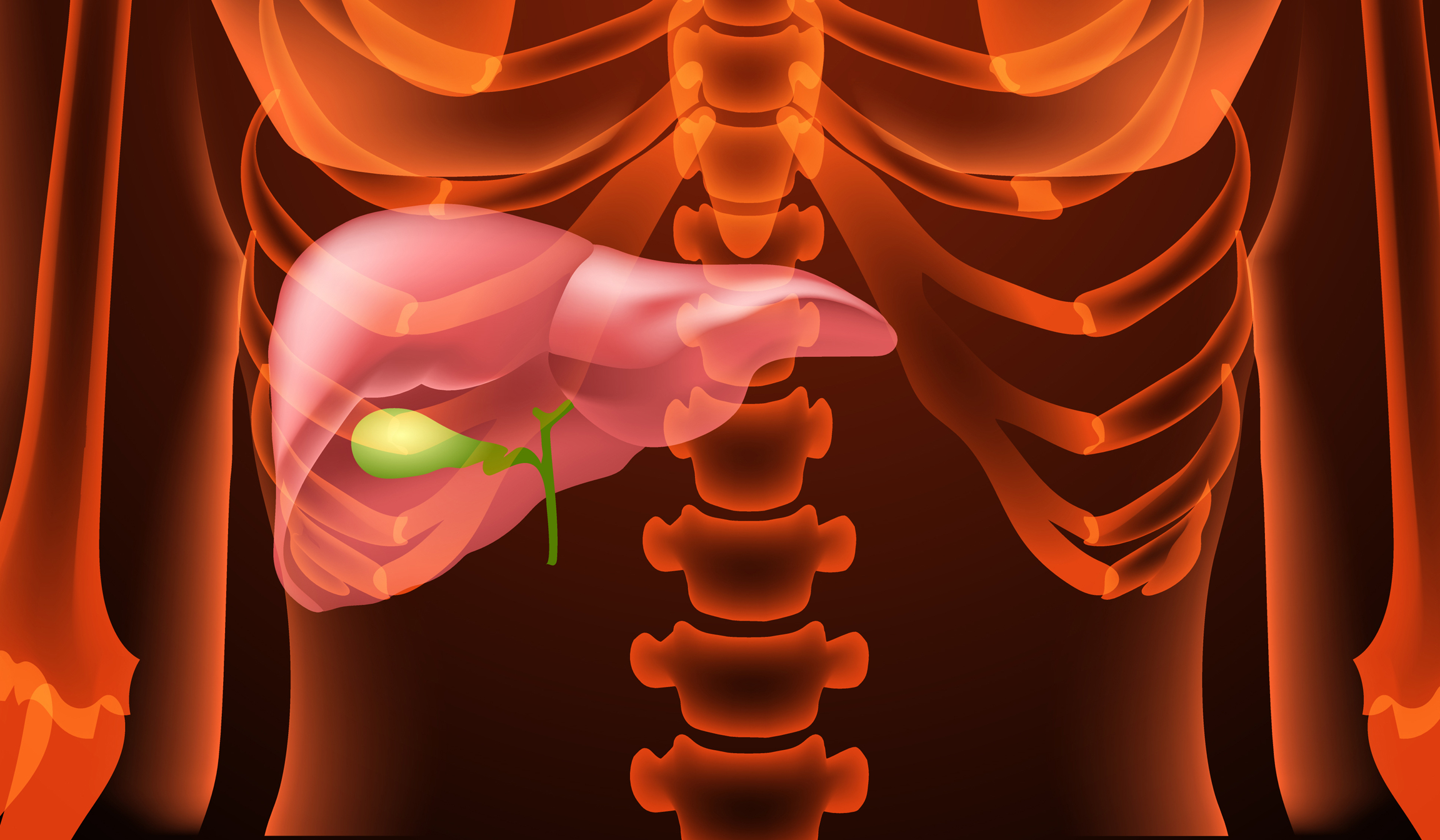
How can I help?
Endoscopic retrograde cholangiopancreatography (commonly known as ERCP) is used to examine the bile ducts connecting the liver with the small intestine and the pancreas.
The ERCP may be recommended if you have experienced abdominal pain, you are jaundiced, or your doctor suspects that the bile ducts may be blocked due to an obstruction such as gallstones.
Enquire Now
To ensure your stomach is empty, you’ll be asked to refrain from eating and drinking for six hours before the procedure. You will then be given a sedative to prevent you from feeling discomfort and may be prescribed antibiotics if Dr Bansi feels there is a risk of infection.
During the ERCP a coloured dye is passed through the endoscope to make X-ray images of the bile ducts clearer. X-ray images are then taken of the bile ducts and pancreas.
If the images show that the bile ducts are blocked by gallstones, these may be collected using a small wire basket. If the ducts are narrowed, a stent can be used to hold them open.

ERCP is an overnight procedure. The sedative used may cause you to feel drowsy, so it’s best to avoid driving afterwards. You may experience some mild pain and bloating after the procedure. This is a result of air entering the system, and the feeling will soon clear.
From well-equipped and convenient locations across West and central London, Devinder and his expert team provide unparalleled quality of care for the full range of GIT-related conditions.




How can I help?